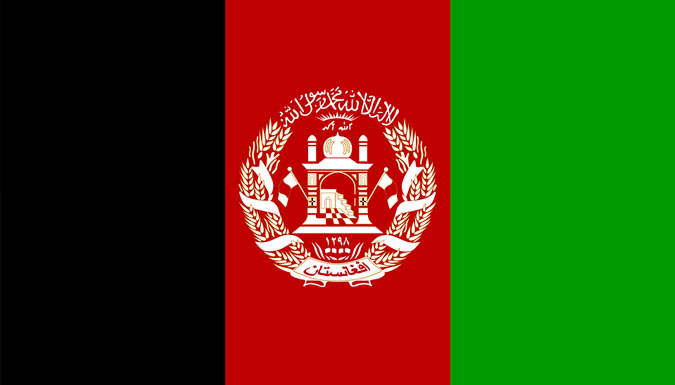Need to Take a More Confident View of Kabul
Fears about the Beijing-Rawalpindi axis scripting Kabul politics and thereby causing the complete marginalisation of New Delhi in the region appear far-fetched given the political dynamics of Afghanistan.
- Vishal Chandra |
- April 28, 2015 |













